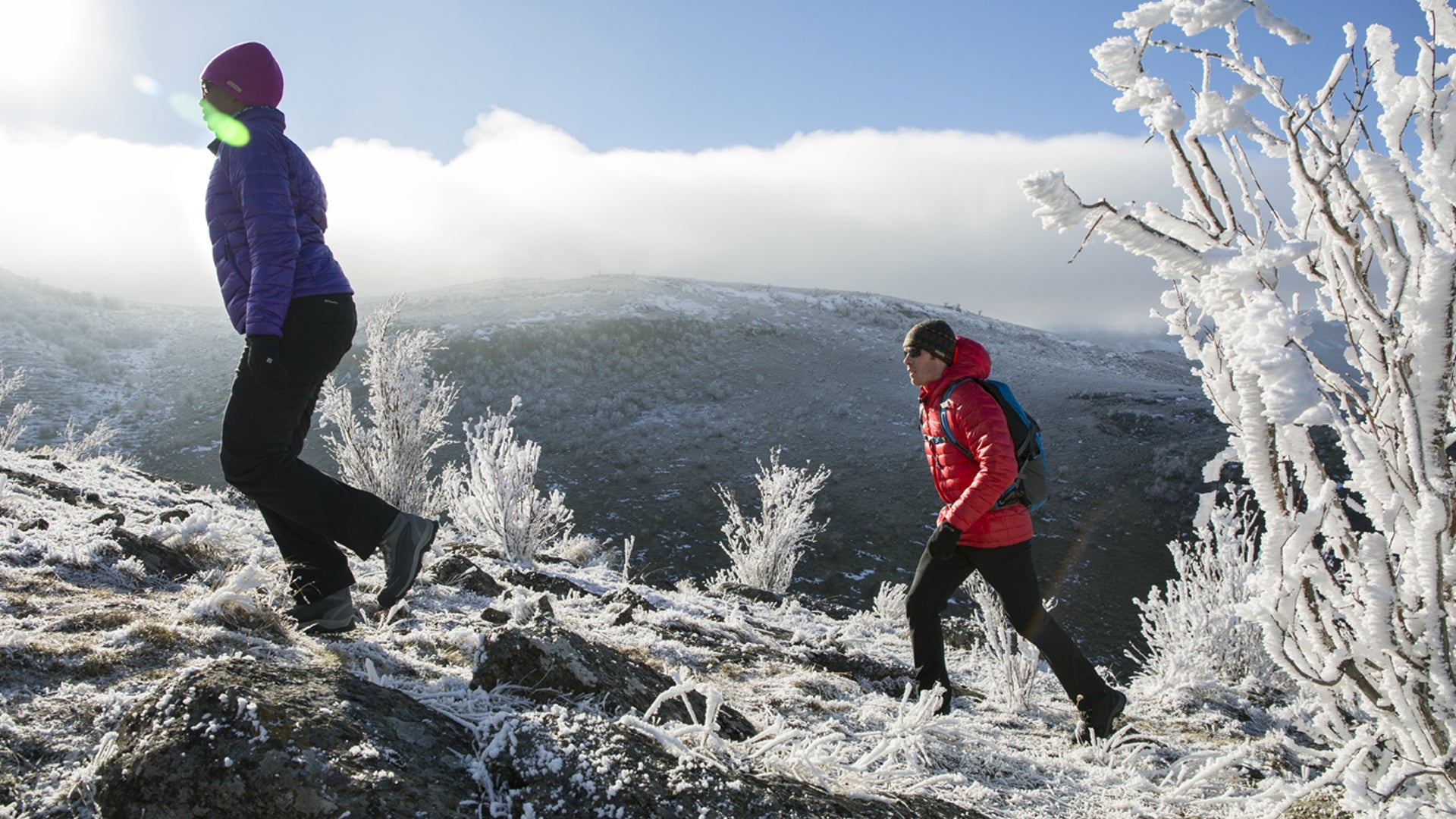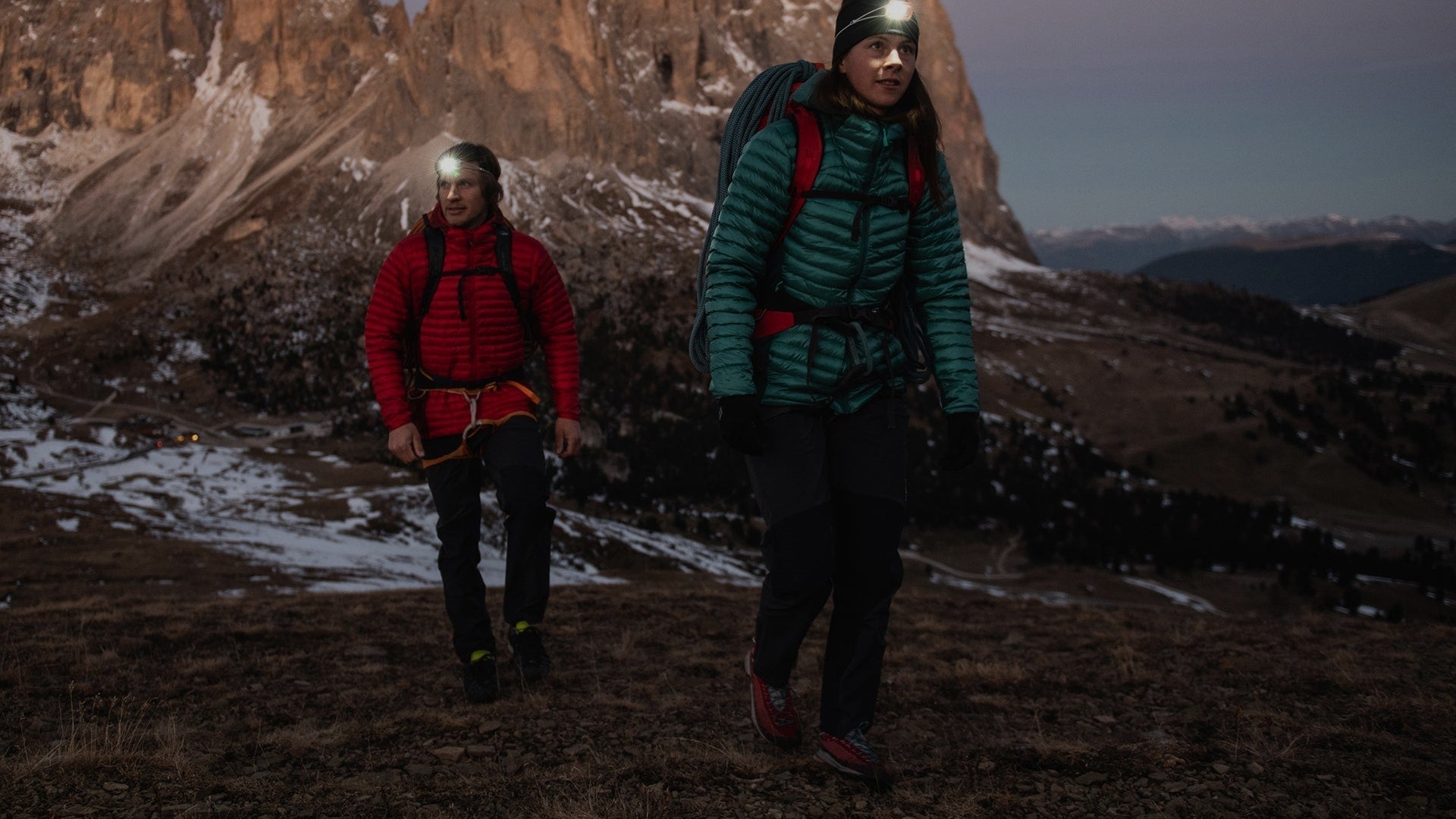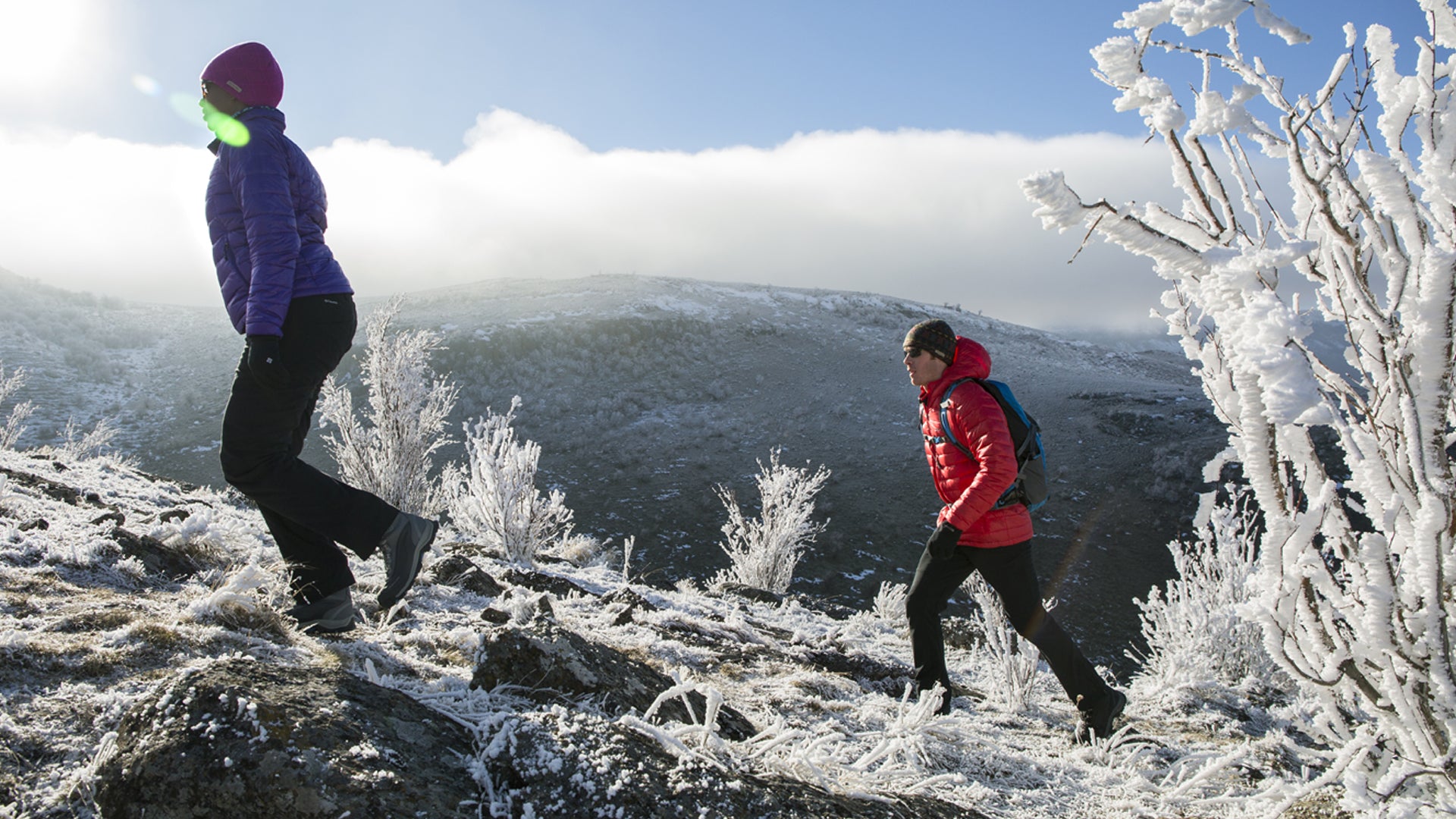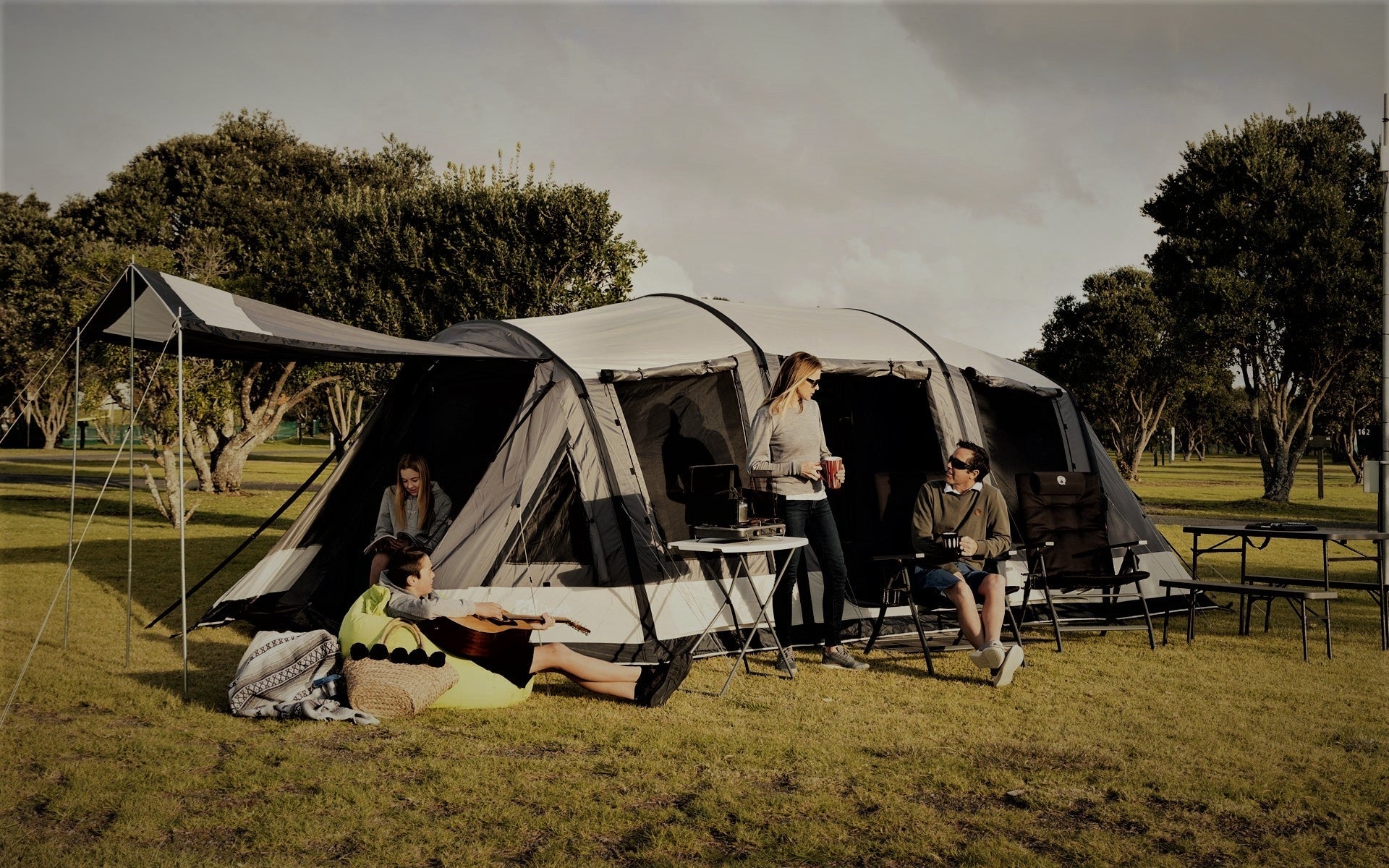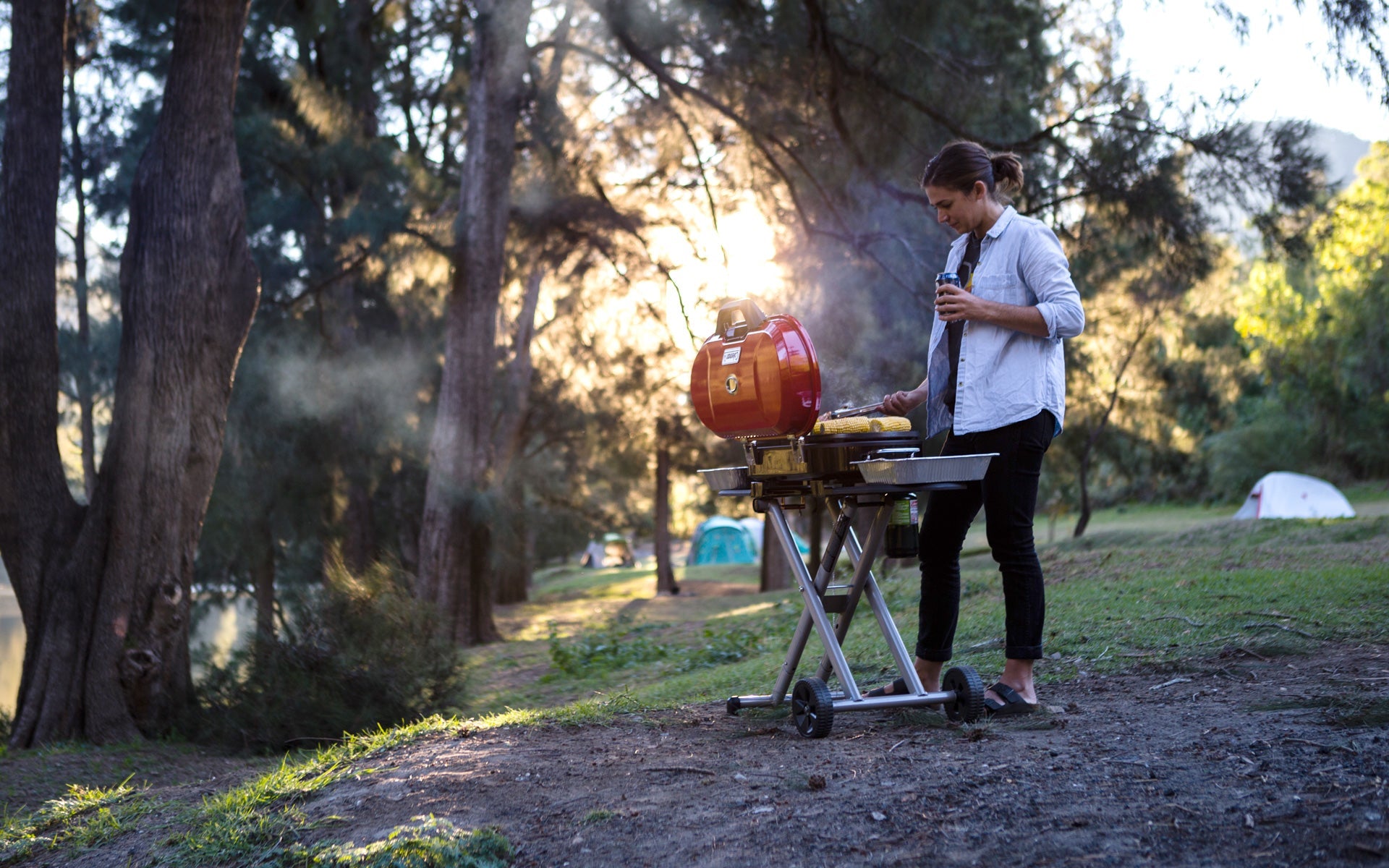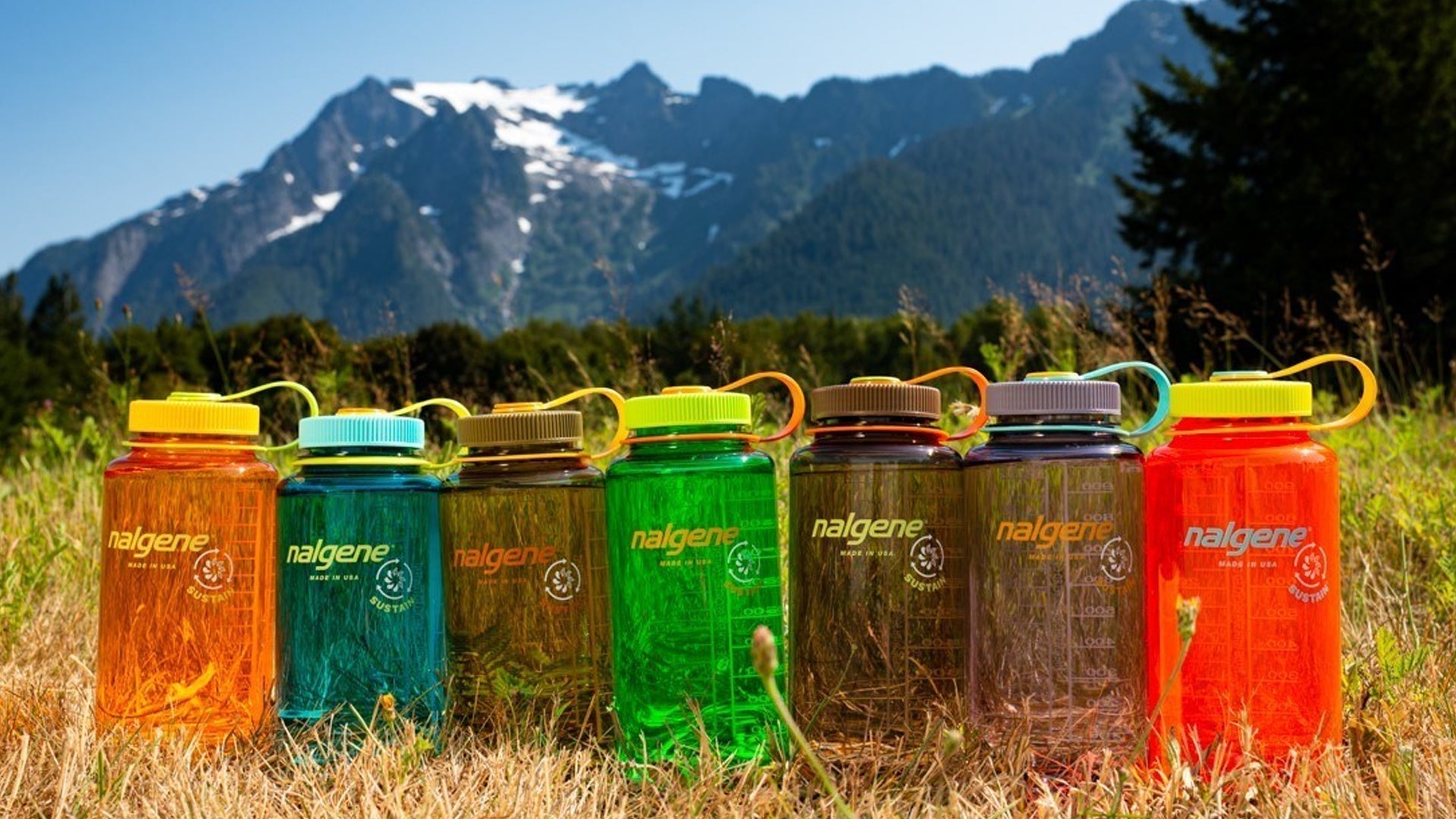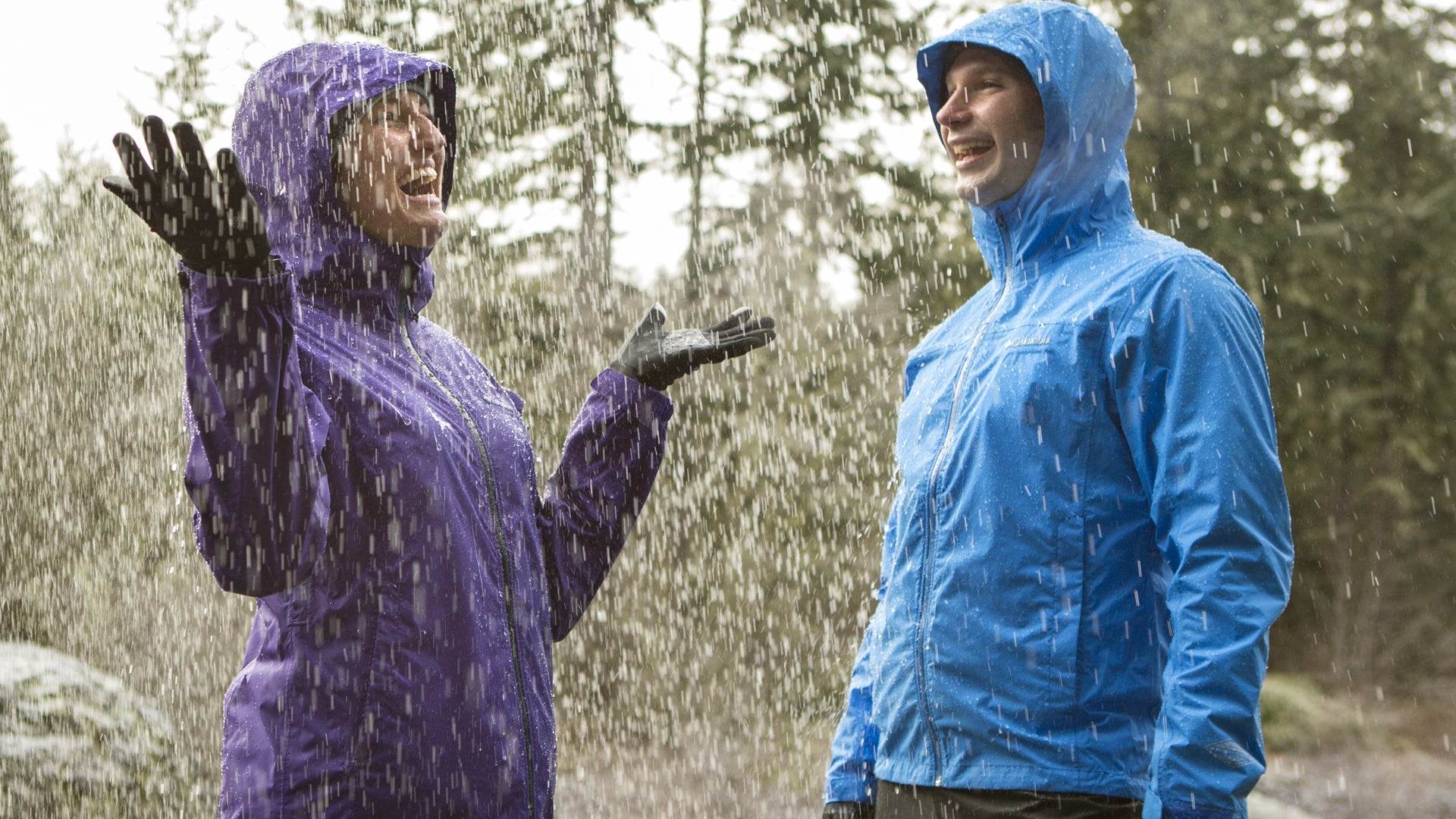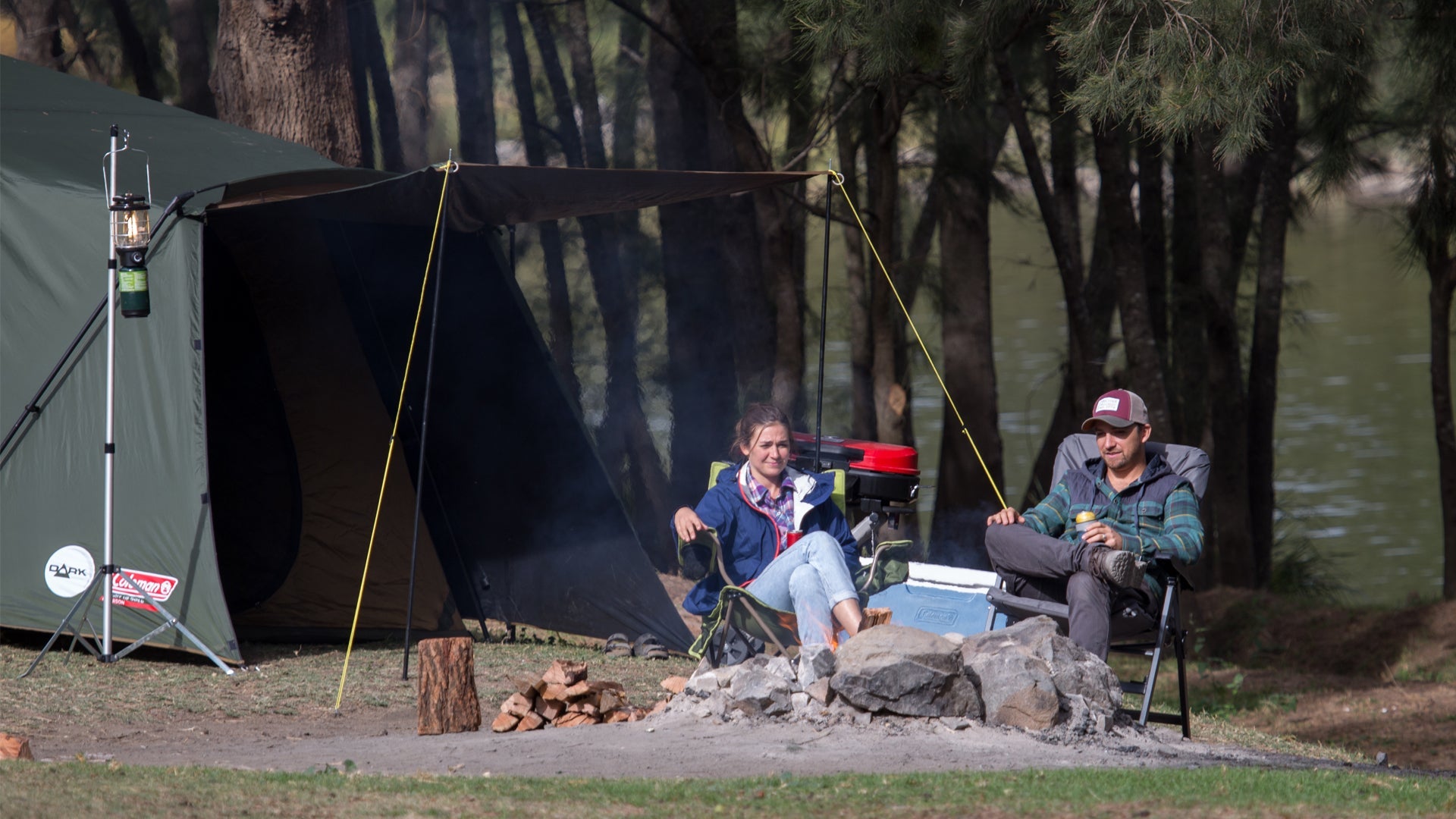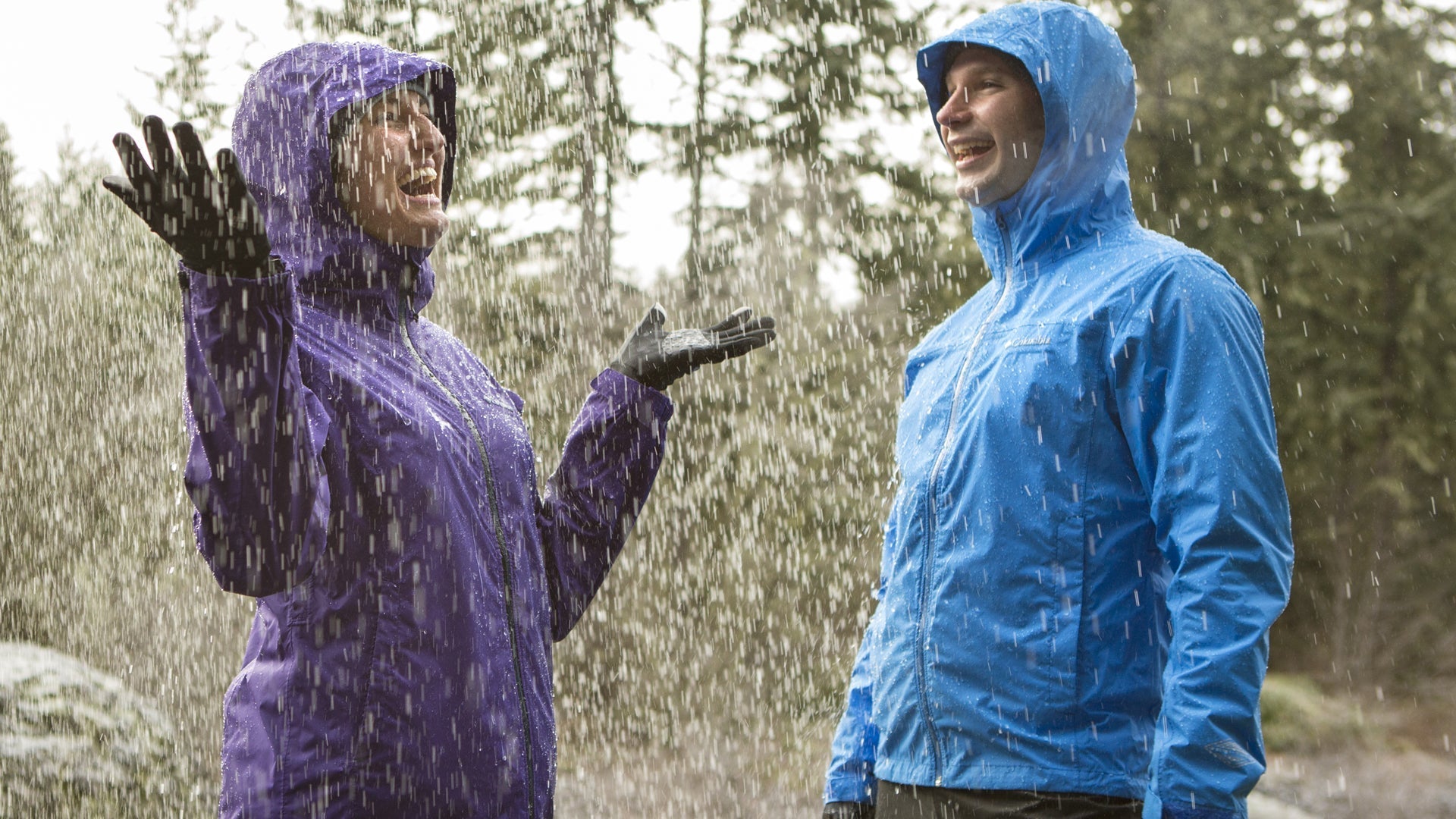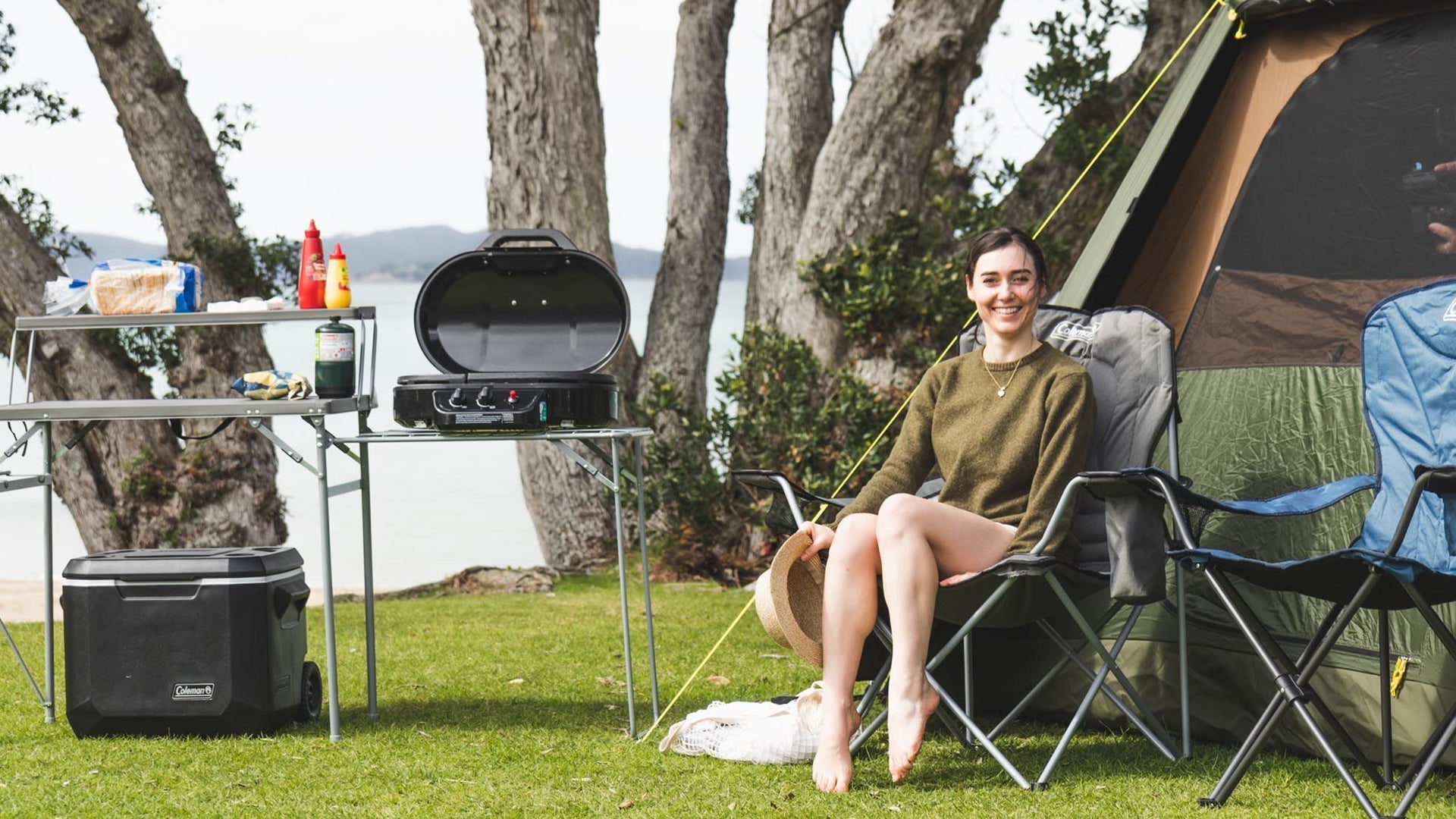Eating Well on the Trail: The Benefits of Dehydrated Camping Meals
Dehydrated meals are the best option for food in a camping endeavour. With minimum facilities, you cannot expect to cook a full-course meal while outdoors. Dried foods are the only convenient and best option out there and can be easily fixed even with inadequate resources.
Dehydrating food is a process in which the moisture is slowly removed from the food through traditional procedures like air drying or sun drying or with modern technology using a dehydrator. Foods in the dehydrated form maintain the same nutrients, minerals and vitamins as fresh foods.
The dehydrated food options are a great choice for camping meals as they are convenient to store, carry, and eat in different environmental situations. Moreover, consumption of these foods ensures that you are not missing out on the necessary nutrients during your nature campaign. These dried meals help in rejuvenating the body and providing all the essentials and keeping you fit when camping, hiking, or backpacking.
Let’s check out the benefits of dried camping meals and why they are the best option during a camping endeavour:
Lightweight: With the moisture being extracted from the food, the dried food becomes light and compact. This significant decrease in weight is a great benefit for backpackers as they will have lesser weight to carry but will still receive the same amount of nutrition as with fresh foods. The lightweight dried meals make for the most preferred options for lunch or dinner while outdoors.
Significant Shelf Life: Around 70 to 90 % of the moisture is removed from freeze-dried foods and that makes it possible to maintain significantly longer shelf life. With the maximum amount of water and moisture being removed, the dried foods have an extremely lesser chance of getting rotten and thus maintain impressive shelf life. Most dehydrated, canned and frozen foods have a shelf life of around 4 to 12 months during which period they retain proper nutritional value and can be consumed. Moreover, these dehydrated foods can be stored at room temperature without the use of a refrigerator.
High Nutritional Value: The dehydration process helps in maintaining the 100% nutritional value of the ingredients so that you do need not to compromise on the food value. All the valuable nutrients, minerals, vitamins and fibres are preserved in the dehydrated form so that you receive the essentials required for the proper functionality of foods.
Ease of Storage: The dried foods take one-sixth less space than their original volume and also do not require refrigerators for storage. You can easily store them in the pantry for everyday use and are easy to fit in any regular backpack and carried to various outdoor expeditions without worrying about any cool storage system. In short, dehydrated food items are a convenient option for any outdoor activity.
Less Risk of spoilage or Bacteria Growth: As the dehydration process removes most of the water or moisture content from foods, this ultimately minimizes the risk of bacteria growth in foods or the food getting spoiled. And this is a major reason that dehydrated foods are popular among campers, hikers, and even astronauts.
Affordable and Healthy: With excellent nutritional value and impressive quantity, dehydrated foods are available at affordable rates that make them the most sort after choice for campers. Since dehydrated foods maintain the nutritional value of the ingredients they help in gaining the essentials for a diet and when they are available at reasonable rates they become the best option in the market.
Common Queries About Dehydrated Foods:
Are dried foods a healthy option?
Although it might be surprising but dehydrated foods are as healthy as their fresh counterpart. The consumption of dried fruits and vegetables offers the same nutritional value and similar mineral and vitamin contents as fresh ones. The only thing missing is the water and the moisture content but that does not in any way affect the value of the foods.
Why are dehydrated foods a great option for campers?
In a camping endeavour, you do not have the access to a full-fledged kitchen to cook as you like, moreover with day-long activities and hiking it is too tiresome to fix a meal. In such scenarios to eat meals that are rich in nutrition but easy to serve are dehydrated foods. They will take lesser space so can be easily carried in a backpack to any faraway place and fixed for a meal.
How to serve dehydrated food while on a trail?
You need to rehydrate the dried foods to serve for dinner or lunch. And to hydrate them you need to put the dehydrated foods in a pot, add equal amounts of water, soak them for a few minutes and then bring them to a boil and it is all ready to serve.
Can I rehydrate my food with cold water?
Yes, you can rehydrate your food with cold water in conditions where hot water is not available. However, in that case, the rehydration process will take twice the time. We all know that foods taste better when served hot but in emergency conditions, cold water can just do the thing.
Wrapping Up
If you are planning a camping endeavour then it is just time that you stock up on dehydrated food options for your trip. You can visit Dwights Outdoors as they specialise in bringing specific solutions for all types of outdoor activities. They have a wide range of dehydrated food products to choose from that could provide you with the necessary nutrients during your trip.




